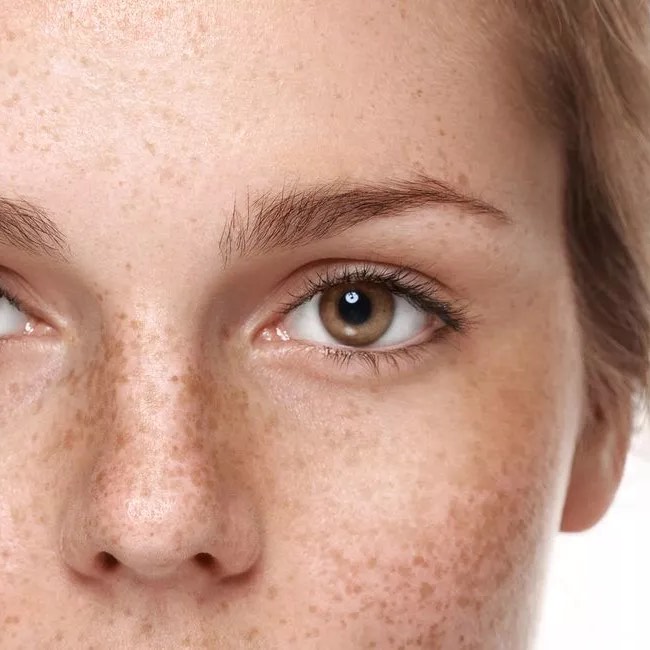Dubai, known for its luxurious lifestyle and cutting-edge innovations, is also a hub for advanced skincare and dermatology. Among the numerous concerns that residents and visitors alike seek to address is pigmentation. Pigmentation Treatment In Dubai, such as hyperpigmentation, melasma, and sunspots, are prevalent in the region due to the intense sun exposure. As a result, Dubai has become a focal point for the latest pigmentation treatment trends. In this comprehensive guide, we will explore the current trends, technologies, and treatments that are reshaping the approach to pigmentation in Dubai.
1. Understanding Pigmentation Issues
Before delving into the treatment trends, it’s important to understand the types of pigmentation issues prevalent in Dubai. Pigmentation disorders are characterized by the presence of dark spots or patches on the skin, resulting from an excess production of melanin.
Types of Pigmentation Disorders
- Hyperpigmentation: This condition occurs when certain areas of the skin become darker than the surrounding skin. Causes include sun exposure, hormonal changes, and inflammation.
- Melasma: Often referred to as "the mask of pregnancy," melasma presents as large, irregularly shaped brown patches on the face. It is commonly triggered by hormonal changes.
- Sunspots: Also known as age spots, these are dark spots that develop due to prolonged exposure to UV radiation.
2. Cutting-Edge Treatments in Dubai
Dubai’s skincare industry is at the forefront of integrating new technologies and treatment methods. The following are some of the most sought-after pigmentation treatments currently trending in Dubai.
Laser Treatments
2.1 Fractional Laser Therapy
Fractional laser therapy is one of the most effective treatments for pigmentation issues. This technology uses a laser beam that targets the pigment in the skin, breaking it down into smaller particles that can be naturally eliminated by the body. Fractional laser therapy not only addresses pigmentation but also improves skin texture and reduces fine lines.
2.2 Q-Switch Laser
The Q-Switch laser is highly effective for treating deep pigmentation issues such as melasma and sunspots. It works by emitting high-energy pulses of laser light that target melanin in the skin. This treatment is known for its precision and minimal downtime.
Chemical Peels
Chemical peels involve applying a solution to the skin that causes the top layers to exfoliate and eventually peel off. This treatment helps in removing pigmented layers of the skin and promoting the growth of new, even-toned skin.
2.1 Glycolic Acid Peels
Glycolic acid peels are popular in Dubai for their ability to improve skin texture and tone. Glycolic acid, an alpha hydroxy acid (AHA), helps in dissolving the bonds between dead skin cells, making it easier for pigmented cells to be sloughed off.
2.2 TCA Peels
Trichloroacetic acid (TCA) peels are used for more severe pigmentation issues. TCA peels penetrate deeper into the skin layers, making them effective for treating stubborn pigmentation and improving overall skin appearance.
Topical Treatments
Topical treatments remain a staple in pigmentation management. In Dubai, advanced formulations and innovations in skincare are enhancing the effectiveness of these treatments.
3.1 Prescription Creams
Prescription creams containing ingredients like hydroquinone, tretinoin, and corticosteroids are commonly used to treat hyperpigmentation. These creams work by inhibiting melanin production and accelerating skin cell turnover.
3.2 Vitamin C Serums
Vitamin C is a powerful antioxidant that helps in reducing pigmentation and brightening the skin. High-potency Vitamin C serums are popular in Dubai for their ability to fade dark spots and even out skin tone.
3. Emerging Trends in Pigmentation Treatments
As the skincare industry continues to evolve, several emerging trends are shaping the future of pigmentation treatments in Dubai.
Personalized Skincare Solutions
Dubai’s skincare clinics are increasingly focusing on personalized treatments tailored to individual skin types and concerns. Advances in genetic testing and AI-based diagnostics are enabling practitioners to create bespoke treatment plans that address specific pigmentation issues effectively.
Integration of Artificial Intelligence
Artificial Intelligence (AI) is revolutionizing skincare by providing precise diagnostics and treatment recommendations. AI-powered tools are being used to analyze skin conditions, track treatment progress, and predict outcomes, ensuring more accurate and effective pigmentation treatments.
Non-Invasive Procedures
There is a growing preference for non-invasive procedures that offer minimal downtime and quicker recovery. Treatments like radiofrequency and ultrasound therapy are gaining popularity for their ability to treat pigmentation without the need for surgery or extensive downtime.
4. Choosing the Right Treatment
Selecting the right pigmentation treatment requires careful consideration of various factors, including skin type, pigmentation severity, and individual preferences. Here are some tips for making an informed decision:
Consultation with a Dermatologist
Consulting with a board-certified dermatologist is crucial for determining the most suitable treatment for your pigmentation issues. A professional evaluation will help in identifying the underlying cause of pigmentation and recommending appropriate treatment options.
Understanding Treatment Risks and Benefits
Each pigmentation treatment comes with its own set of risks and benefits. It is essential to understand these aspects and discuss them with your dermatologist to make an informed decision.
Considering Post-Treatment Care
Proper post-treatment care is vital for achieving the best results and minimizing the risk of complications. Follow your dermatologist’s instructions regarding skincare routines, sun protection, and any necessary follow-up appointments.
5. Conclusion
Dubai continues to lead the way in offering innovative and effective solutions for pigmentation issues. From advanced laser therapies to personalized skincare solutions, the city’s dermatological advancements are setting new standards in the treatment of pigmentation. Staying updated with the latest trends and technologies will ensure that you receive the best possible care for your skin concerns. As always, consult with a qualified dermatologist to explore the most suitable treatment options tailored to your individual needs.






Comments